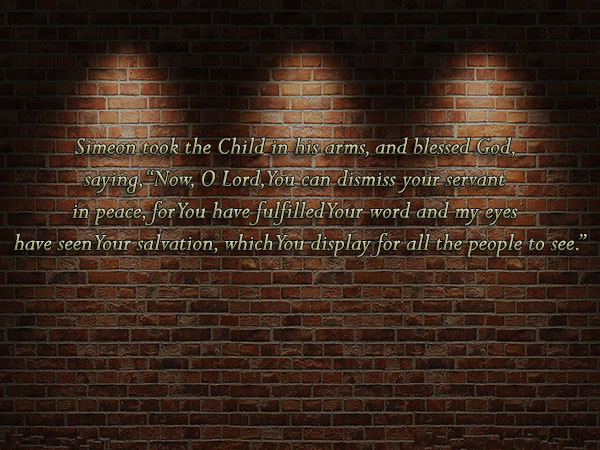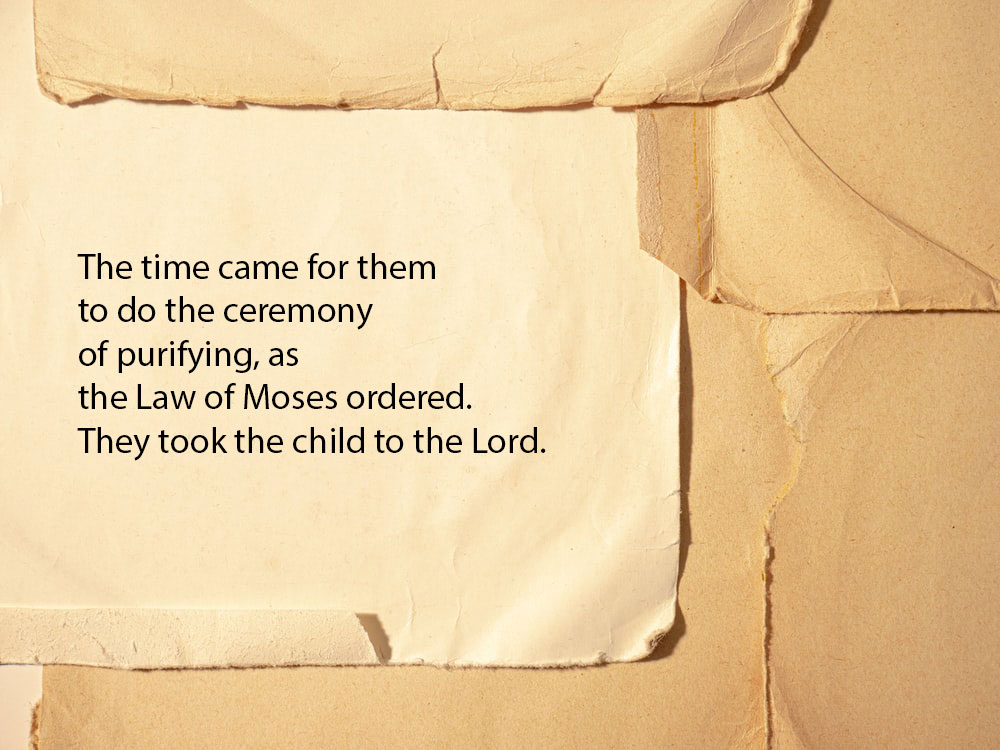THE Eucharist can well be the very test and proof of our Catholicity and universality. It’s in that sacrament where the universal mind and heart is required as well as developed. And that’s simply because the Eucharist represents the very mind and heart of Christ who gave us the new commandment that summarizes and perfects all the previous commandments: “You love one another as I have loved you, that you also love one another.” (Jn13,34)
It’s a love that covers everyone, including our enemies, the unlovable, the sinners, offenders, those who are wrong in a human issue and all others who are so different from us that for one reason or another we may be able to love or like.
These can include those who persecute us, who terrorize us, who kill us. These can include those who attack the Church and its teaching. We have to learn to love them the way Christ loves them, all the way to offering our life for them, for as Christ himself said, “No greater love has one than he who offers his life for his friend.” In fact, one sure sign our loving is authentic is when we are willing to adapt ourselves to them without compromising our Christian identity. Otherwise, our love is fake, no matter how fervently we profess it. Our love gets spoiled and deteriorates into self-rigtheousness.
Eucharistic love matures and perfects us. It checks on our tendency to be self-seeking and self-absorbed so as to be “all things to all men.” (1 Cor 9,22) It brings us not only to others, but rather to God himself, identifying us with him, for “God is love.” This love is what properly measures out our true dignity and value as persons and children of God. It’s not just some wisdom or knowledge or talents and any human power, though all these are instruments and tools of love.
It’s high time that we understand the need for true love, the love of Christ in the Eucharist, to give ourselves a universal heart. It’s not the sciences, the philosophies, and the ideologies – no matter how good and useful they are – that can accomplish this. These can only be at best, love’s tools. We have to disabuse ourselves from this mentality that, sadly, is constantly nourished and reinforced by some pagan thinking that’s dominating our world today.
This surely means we have to learn how to discipline our feelings and passions, knowing when to talk and when not to. We have to learn how to convert difficult, humiliating moments into moments of graciousness and magnanimity. We have to learn how to be positive, encouraging, and optimistic in our tack to problems instead of sinking into pessimism and hostility. We can never overdo our efforts to learn the finer details of tact and diplomacy. We should try our best to understand others well, to put ourselves in their shoes, to know where they are coming from, etc.
Given the present world’s rush to specialized knowledge that inevitably generates divisions, we have to double our efforts to cultivate this universal Eucharistic heart.
Mary and the Eucharist in the Church’s mission
BY her special relationship with the Eucharist, Mary leads us toward this most sublime sacrament to find in it the source and goal of the Church’s evangelizing mission. As in her virginal womb, the Son of God took on human nature that made him the Sacrament of the Father’s love, so in the Eucharist, Christ continues to be Sacrament of the Father through the sacramentality of the Church—in the person of his minister, in the proclamation of the Word, in the assembly that prays and sings, but especially in the Eucharistic species. “The body given up for us and made present under sacramental signs was the same body which Mary had conceived in her womb!” By being closely associated with her Son in giving himself as the Bread of Life and Living Bread for the life of the world by his sacrifice on the Cross, Simeon’s prophecy that a sword would pierce her heart was fulfilled (cf. Lk 2:34-35).
The Church can learn from the school of Mary, the “Woman of the Eucharist,” the necessary and proper interior disposition to fruitfully celebrate and live out the mysteries of redemption: attentive, contemplative and active presence, generous concern for the rest of the world and humanity, and openness to the eschatological fulfillment of all that humanity hopes for. Mary exemplifies the Eucharistic worship that seeks to be concretized in works of love and service and that opens the faithful to eschatological hope. For to the Christian faithful at worship, Mary stands as model in listening to the Word and taking it to heart; in praising and thanking God who has done great favors to oneself and to the rest of humankind; in bringing Christ and his gifts of joy and salvation to all that one meets, in praying and interceding for the needs of all, in nourishing the life of grace which one receives through the sacraments, in offering oneself in union with Christ’s offering of himself to the Father, in imploring the coming of the Lord, and in waiting for it with vigilance.
“Do whatever he tells you!” With these words Mary continues to tell her Son’s Church to take heed of his bidding to do what he did at the Last Supper and on Calvary “in memory of him”. But she also summons the Church to commitment to this most sublime Mystery by her quiet but active engagement in its apostolic mission. She was with the Apostles of her Son as they awaited in constant prayer (cf. Acts 1:14.) the coming of the Holy Spirit he promised them to be their Teacher and Guide in their mission.
She must have been with the first generation of Christians who devoted themselves to “the breaking of the bread” (Acts 2:42). She continues to be present, with the Church and as the Mother of the Church, at each of our celebrations of the Eucharist. The Church, therefore, never ceases to ask for her prayer (at the Confiteor) and to honor her (in the Eucharistic Prayer) for it is fitting that “the Eucharist, being the most sublime celebration of the mysteries of salvation worked by God through Christ in the Holy Spirit, must necessarily recall the Holy Mother of the Savior united indissolubly to these mysteries.”
Finally, with Mary the Church sings the Eucharist as her Magnificat, recalling the wonders worked by God in salvation history in fulfillment of the promise once made to the fathers, proclaiming the wondrous mysteries of Christ’s redemptive incarnation, death and resurrection, and awaiting the eschatological hope of glory.
–Excerpts from the theological and pastoral reflection in preparation for the 51st International Eucharistic Congress.
Post Credit: CBCP News








